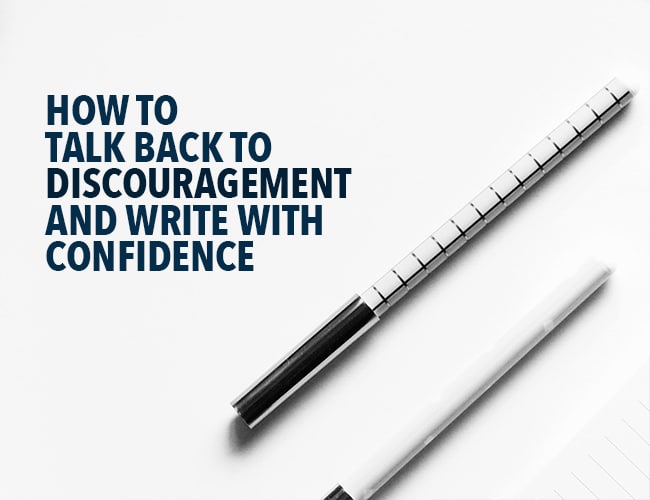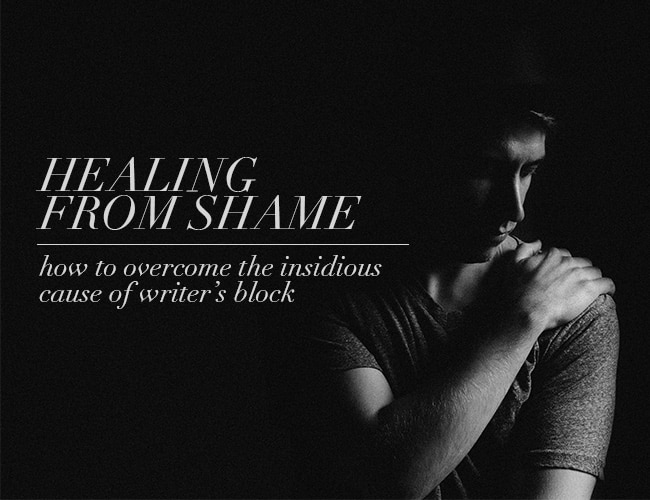


Kill Perfectionism With This One Practice
It can feel impossible to know where to start writing. We can become paralyzed by fear, worrying our words will offend or bore readers, or worse, that we’ll never have any readers at all. In order to move past these feelings, we have to overcome perfectionism.
That’s easier said than done, but these three strategies make all the difference.

Writing Community: 3 Critical Reasons Why Writers Need Community
Have you participated in a writing challenge like NaNoWriMo or our 7 Day Creative Writing Challenge? Congratulations! Whether you met your goal or didn’t quite make it, you’ve written words that weren’t there before.
Now, don’t let all your hard work go to waste. It’s critical that you capitalize on your momentum before it slips away.

Story Ideas: How to Beat Shiny-New-Idea Syndrome and Actually Finish Your Projects
Authors often get asked where they get their story ideas. It’s one of the most common questions my student writers wish they could ask their writing heroes. They think, “If I could just find a way to come up with the next best-selling story idea like [insert famous author], then I’ll make it as a writer!”
But they misunderstand one critical truth: the magic isn’t in the ideas. It’s in the execution. We need the ideas to get started, but many writers don’t have a system for capturing the ideas around them daily, and they don’t develop ideas consistently in practice.
We all have files full of unfinished projects and story ideas spread across notebooks and online platforms. Why do ideas lose their luster the moment we start writing them?

Healing From Shame: How to Overcome the Insidious Cause of Writer’s Block
Every time we sit down to write, our mood and state of mind affect our words. We infuse, to some extent, everything we write with our unique “voice.” Our emotions come through on the page.
When we’re struggling to eke out even a few words and make sense of our writing, it shows in our work. Our characters are flat. Our scenes are dull and passive. Our plot is thin and weak. Nothing we try fixes the problems. Or, maybe words don’t come at all.
We may declare that we have a case of writer’s block, particularly if we’ve wrestled with the vexation for weeks or months. But, there may be a stronger and more insidious obstacle: shame.

Why Writers SHOULDN’T Set a New Year’s Resolution in 2018
Did you set any New Year’s resolutions for 2018? Have you broken any of them yet? New Year’s resolutions sometimes get a bad rap, but research backs them up. In fact, you are ten times more likely to achieve your goals if you make resolutions than those who don’t. Even so, only eight percent of people actually achieve their New Year’s resolutions.
Perhaps there’s a better way, a way to reach your goals without feeling like you’re letting yourself down when the scale on your bathroom floor tells you the wrong number or your savings account balance just isn’t as high as you hoped it would be.